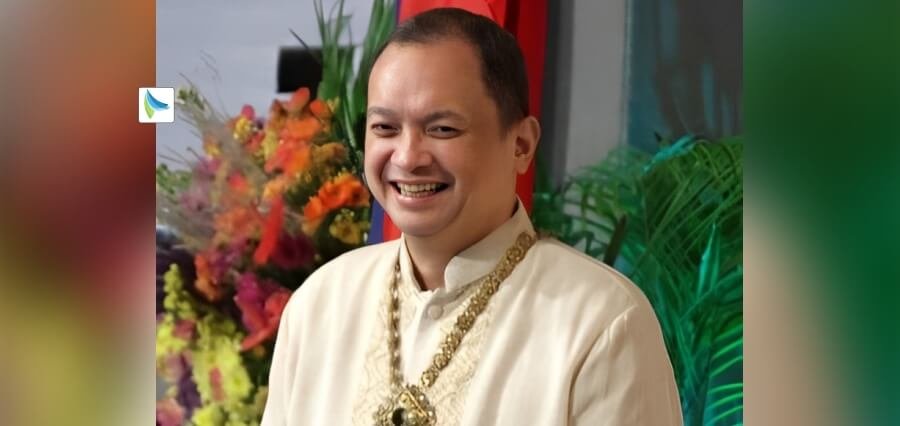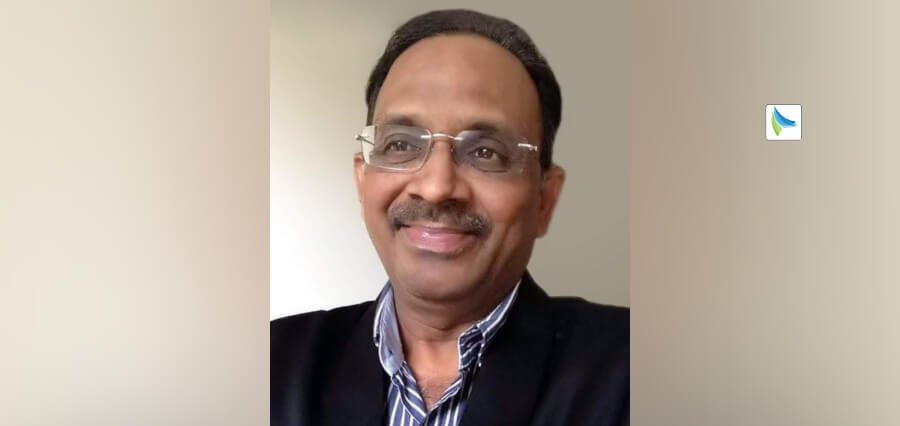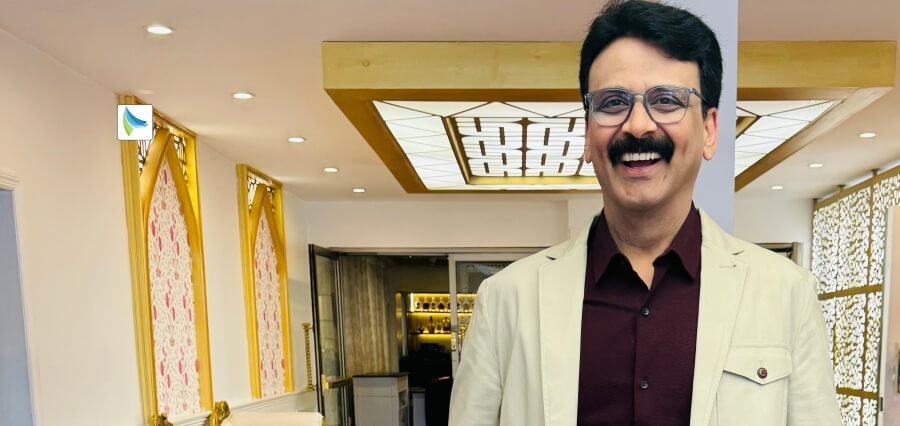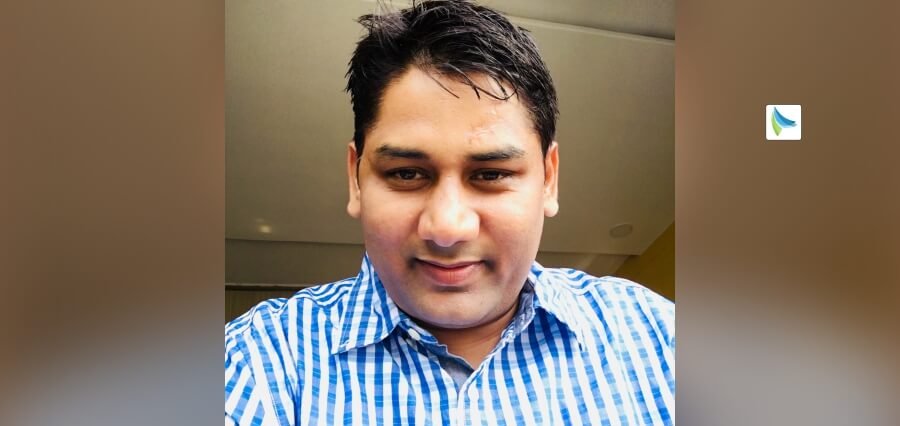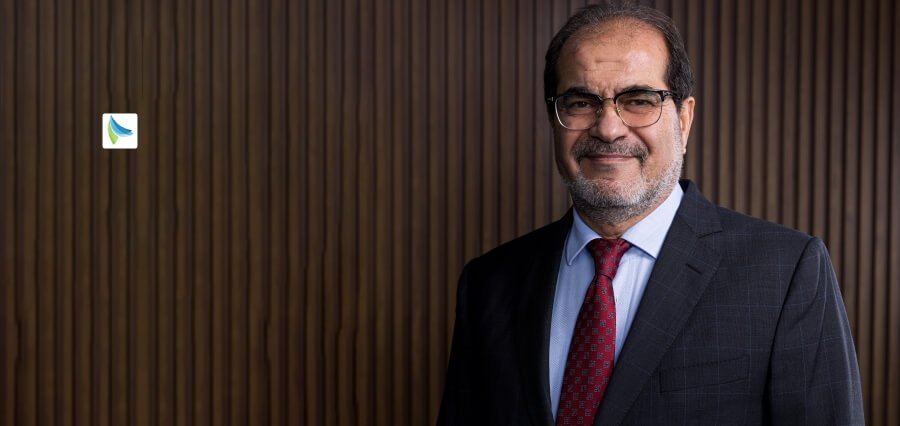Looking Beyond Singularity & AGI
Technological Singularity is the point where Humanity meets Artificial General Intelligence (AGI) and AGI overtakes humanity and controls it. AGI is data driven, thus “beyond AGI” is the challenge for world peace. A visionary beyond this is what humanity needs to understand the repercussions of a world run by Artificial Intelligence (AI) and as decentralization reaches the shores of every nation.
In the recently concluded Elite Private Banking & Wealth Management Summit 2024 held in Cannes, France a much talked about reclusive figure in the field of AI succession protocols was the much-awaited speaker on the final day, attended by major financial institutions, family offices and monarchies. Fresh from pledges to its FO in excess of $ 100 billion, the reclusive figure emerges the 2nd time, the first being in Montreaux, Switzerland in 2021.
The world faces pressing challenges, from social inequality, job losses due to automation, identity security and wars, demanding innovative solutions that transcend traditional philanthropy. Meet the philanthrocapitalist Dr. Paul Infante Moñozca, a visionary who addresses key issues beyond AGI and merges financial savvy with a commitment to social good. Given the official title of “Lakan” (supreme leader) in his native cultural and ancestral land in the Philippines, this unique breed of philanthropist recognizes that addressing global issues requires more than just donations; it calls for sustainable, scalable solutions that empower communities and humanity as a whole.
As a leading global figure in philanthropy and business, he is the Chairman and CEO of the EU-based Moñozca Family Office and the Dr. AB Moñozca Foundation, he personifies the spirit of philanthrocapitalism with his mantra: “Impact Humanity.” This guiding principle has fueled his initiatives aimed at tackling some of the world’s most urgent problems.
Historically, philanthropy has often been viewed as a one-way street, with wealthy individuals giving away money without a structured plan for long-term impact. However, Paul’s approach flips this narrative. He believes that true philanthropy is about building relationships and creating systems that uplift entire communities. Under his leadership, the Moñozca Family Office has developed frameworks that not only provide financial support but also foster local empowerment and innovation through education.
Paul’s work exemplifies how philanthropy can act as a catalyst for change. By integrating commercial strategies with charitable goals, he demonstrates that financial success can indeed contribute to the greater good. His initiatives have inspired others in the philanthropic community to rethink their approaches, emphasizing collaboration and sustainable impact over mere financial contributions.
Through his vision, he shows that philanthropy is not merely about giving; it’s about creating lasting change that resonates across generations as “Technological Singularity” evolves.
Let’s know more about his journey:
Motivation to Embark on Philanthropy
Paul’s motivation to enter the philanthropic sector stems from a deep-seated belief in his role as an instrument for good. He articulates that when one recognizes their gifts, their focus shifts towards connecting the dots of their life journey as opposed to creating the dots without looking back.
This perspective allows him to see beyond immediate challenges and envision a broader impact on humanity. His organization’s mission resonates with this ethos, aiming to create meaningful change through strategic philanthropic initiatives.
The Inception of Moñozca Family Office and Foundation
The Dr. AB Moñozca Foundation was established in the early 1980s, rooted in a commitment to charitable programs that address pressing societal needs. As the foundation grew, it became clear that a separate entity was necessary to balance its philanthropic endeavors with business opportunities.
Thus, in 2010, the Moñozca Family Office was spun off to identify and capitalize on opportunities that could “change the world we live in.” This dual approach allows for a more comprehensive strategy that integrates business acumen with philanthropic goals. Today the Monozca FO has both a single and multi-family office.
Transition from Corporate Career to Philanthropy
Paul’s transition from a corporate background to philanthropy was not merely a career shift; it was a profound transformation of purpose. Having worked with multinational companies like Quaker Oats, Siemens and PricewaterhouseCoopers, he gained invaluable insights into corporate dynamics and financial systems.
This experience equipped him with the skills necessary to navigate complex challenges in philanthropy. He believes that true leadership involves recognizing one’s gifts and using them for the greater good, which has shaped his perspective on social impact.
Challenges Faced in Establishing the Foundation
Establishing the Moñozca Foundation was not without its challenges. One significant hurdle was securing adequate human capital and financial resources to support its ambitious goals. Additionally, navigating legal structures in Southeast Asia posed difficulties in obtaining financing for philanthropic projects.
To overcome these obstacles, Paul strategically relocated the Family Office to the European Union while maintaining the foundation’s operations in Southeast Asia. This move allowed for greater access to resources and opportunities while continuing to serve communities in need.
The Role of Technology in Philanthropy
Today, technology plays a crucial role in enhancing philanthropic efforts. Paul acknowledges both the potential benefits and risks associated with technological advancements, particularly artificial intelligence (AI).
On one hand, AI can provide rapid access to information and facilitate innovative solutions; on the other hand, it poses ethical dilemmas and risks of misuse. He emphasizes the importance of ensuring that AI evolves responsibly, aligning with humanity’s values rather than undermining them.
Tokenization using Real World Assets (RWA’s) digital currencies is a key driver to its physical and ground resources encompassing precious metals, historical / cultural assets and avatar COC data.
The “Continuity of Conscience” AI Protocol
One of Paul’s visionary projects is the “Continuity of Conscience” (COC) AI protocol, designed to secure succession mandates within private banking and wealth management. This initiative aims to address clients’ concerns about traditional banking systems while ensuring ethical decision-making processes. By eliminating rogue decisions typically associated with traditional custodians, COC seeks to create a more transparent and accountable framework for financial management.
Universal Basic Income as a Solution
Paul also advocates for a private-sector led Universal Basic Income (UBI) as a viable solution to combat challenges posed by automation and technological advancements, besides the corruption most countries face. He argues that misconceptions surrounding UBI, some viewing it as a communist platform, are unfounded.
Instead, he highlights its potential to provide financial security for marginalized populations, particularly in emerging economies where job losses and the rise of crime due to automation are prevalent. UBI proponents like Thomas Paine, Martin Luther King Jr., Stephen Hawking and now Elon Musk have long recognized its significance for social equity.
Lessons Learned at the Intersection of Business and Philanthropy
Reflecting on his experiences, Paul emphasizes that effective leadership is rare; true leaders possess the vision and capability to execute impactful programs which replicate its success model without much effort. He critiques the prevalence of superficial expertise often showcased on social media platforms, advocating instead for genuine connections built on trust and collaboration and the community and clientele clearly seen.
For future leaders, he stresses the importance of understanding that real philanthropy requires a commitment beyond financial contributions; it demands building relationships that foster sustainable change from all walks of life and sustainable solutions that correct problems long term.
Measuring Success in Philanthropic Initiatives: Education is Key
Success in philanthropy is often measured through tangible outcomes; however, Paul emphasizes a more nuanced approach centered around “Educating a Mindset Change.” He believes that true success is reflected when communities begin asking critical questions about their futures and actively participating in their development. The ability of individuals to retrain themselves for an era defined by technological singularity is indicative of positive progress; education is key.
Impactful Projects: A Closer Look
Paul has spearheaded several impactful initiatives through the Moñozca Family Office, focusing on enhancing economic opportunities and environmental sustainability across the globe.
- Project Borders significantly transformed the remittance landscape for overseas foreign workers (OFWs). By investing in a Singapore-based company in 2003, transaction fees were reduced from $10 to $3.50 within two years, benefiting over 5 million users worldwide. This platform, known as the “Parmon Payment Network” (PPN), facilitated cross-border transactions and empowered small and medium enterprises (SMEs) to connect with emerging markets. The integration of ATMs into this payment system marked a pivotal moment for mobile banking, laying the groundwork for today’s eWallets.
- Project Spirit established a training platform for athletes globally through the Spirit Sports Program and Spirit Sports University (SSU). By partnering with organizations like the American Basketball Association, the Caltex Golf Pro-Am, the Manchester United Soccer School and various sports academies, it provided athletes with world-class training opportunities. This initiative has since evolved into a Private Equity Fund focused on developing sports teams and leagues.
- Project Coral emphasizes marine conservation through investments in Coral World Park Undersea Resorts Ltd. and the maintenance of selected marine reserves. The Moñozca Family Office collaborates with multinational brands to protect coral reefs and marine biodiversity, ensuring sustainable tourism practices that benefit both the environment and local economies.
- Project Formula Green consolidates efforts to protect natural resources, including water, energy, and forests. Through the Formula Green Corporation, it supports over 300 cooperatives, advocating for a “Resource Based Economy” that prioritizes local control over natural assets.
- Lastly, Project Checkmate leads in implementing a private sector-driven Universal Basic Income program. With investments in Bangko Maharlika Ltd., dubbed “The Bank of Humanity”, it aims to decentralize wealth through tokenization and digital currencies, attracting millions of registrants and emphasizing financial inclusion in an era of technological advancement. Project UBI is now the “Central Bank to Autonomous Regions (ARs)” worldwide and ensure “succession protocols reach the people directly.”
The Role of Family Offices in Philanthropy
Family offices play an essential role in shaping the future of philanthropy by providing continuity and long-term commitment to initiatives. Unlike traditional funds with limited lifespans, family offices are deeply rooted in their founders’ legacies, ensuring sustained support for philanthropic endeavors. Paul argues that genuine philanthropy transcends exit timelines; it requires an enduring dedication to fostering positive change within communities as the history and track record of your family is the key driver.
Family Offices (FOs) have liquid financial resources of $100million and above and with valuations of AI companies shooting thru the roof in the hundreds of billions, it is rare to find FO’s who base their resources on its physical assets, on hand or pledged by other FOs. The Moñozca FO is supported by 7 Autonomous Regions to date and multiple Sultanates worldwide, which shows the relationship prowess of its Philanthrocapitalist leadership.
Promoting Political Neutrality of Religion and Culture in Humanitarian Efforts
While Paul refrains from commenting on specific political initiatives at this time due to ongoing board discussions at a local and global level of the cooperatives, associations and cultural/religious platforms he is involved in with the UBI program reaching over 50 countries, he remains committed to promoting humanitarian efforts free from political influence. His role underscores the importance of creating platforms that prioritize peacebuilding through collaboration among diverse stakeholders.
Personal Values Influencing Investment Decisions
Paul’s investment philosophy is deeply influenced by his values regarding resource accessibility for all humanity. He believes investments should empower individuals rather than impose burdens through taxation or other means due to what technology can do today. This perspective drives his commitment to selected projects “which change the world we live in”.
Aspirations for the Moñozca Foundation
Looking ahead, Paul envisions the Moñozca Foundation as a “Torch of Truth” dedicated to impacting humanity positively over the next decade. His aspirations include addressing pressing global challenges such as cultural identity protection, protection of natural resources enabling a “dividend for humanity” and global decentralization of key industries while ensuring transparency and accountability within philanthropic initiatives.
The Torch of Truth Web3 / Metaverse Museum will be available thru selected commercial airlines worldwide starting FY2025.
Read More : https://insightssuccess.com/paul-infante-monozca-100billion-philanthrocapitalist/






